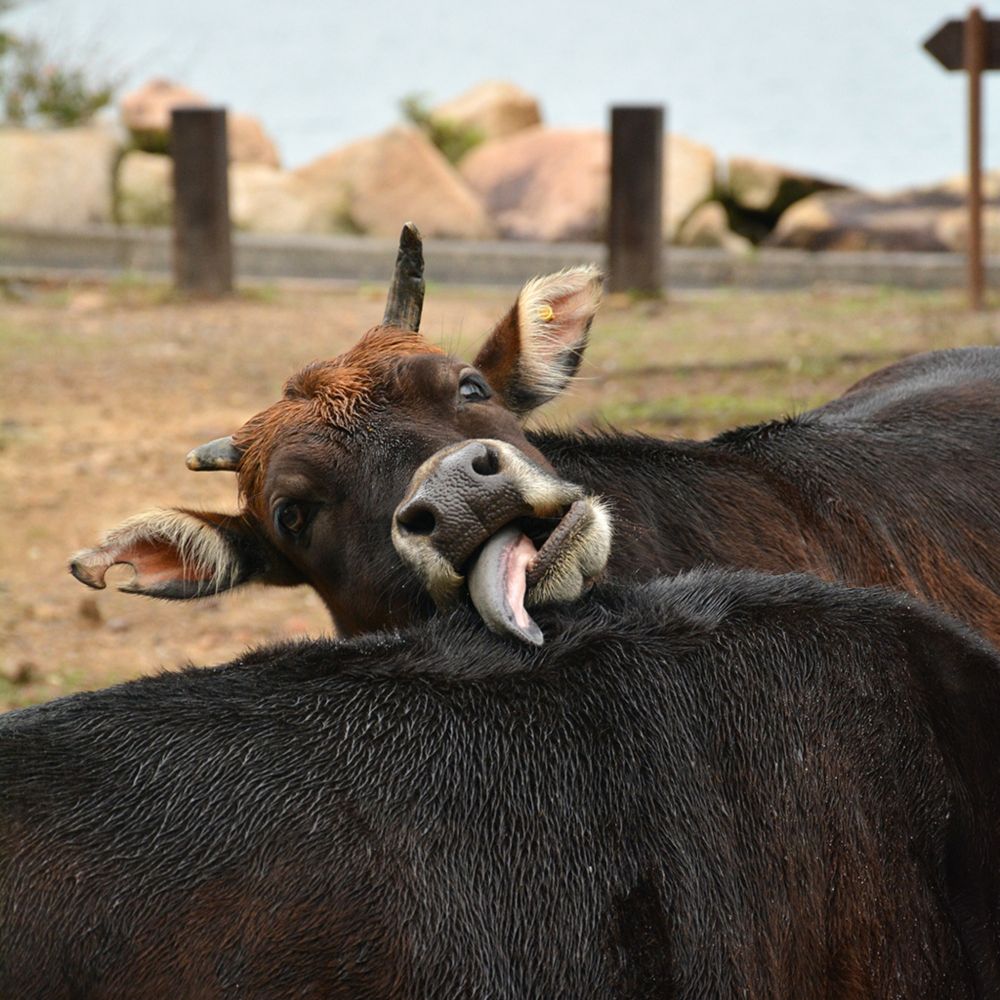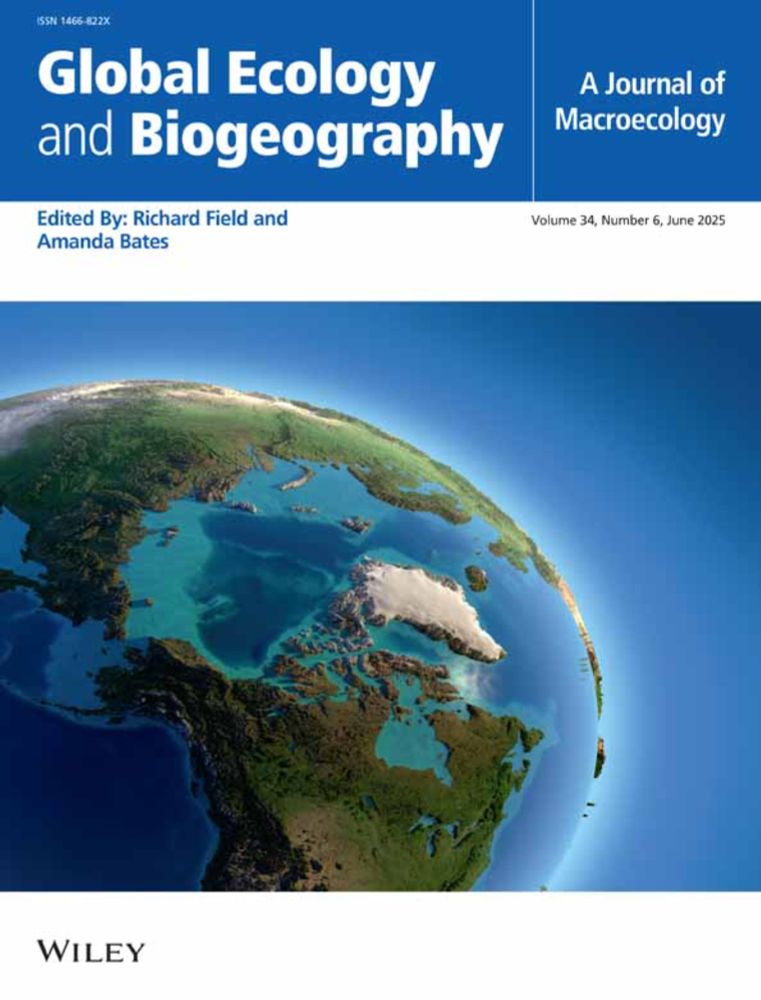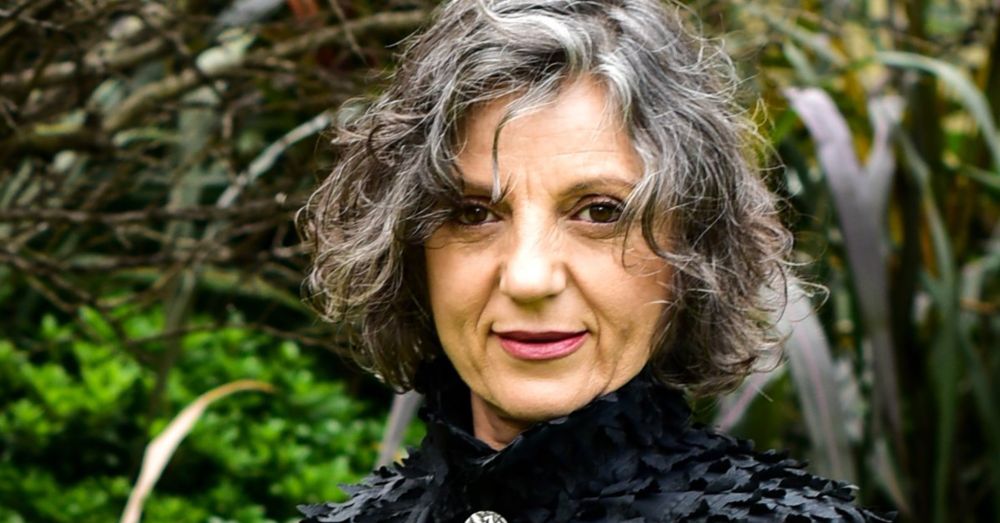

@inesismartins.bsky.social
@bethanyjallen.bsky.social
@lauraloubio.bsky.social


@inesismartins.bsky.social
@bethanyjallen.bsky.social
@lauraloubio.bsky.social
💬 “Having a boundary… will always lead to the complete use of that space.”
🎧 Hear more on #InsideBiodiversity: insidebiodiversity.podigee.io
💬 “Having a boundary… will always lead to the complete use of that space.”
🎧 Hear more on #InsideBiodiversity: insidebiodiversity.podigee.io

Dive into the grey areas of conservation, where values, data, and definitions collide. 🎧 Listen now: insidebiodiversity.podigee.io
Dive into the grey areas of conservation, where values, data, and definitions collide. 🎧 Listen now: insidebiodiversity.podigee.io



🔗https://doi.org/10.1038/s41467-025-63293-6
🔗Sharable PDF link: rdcu.be/eEmQr

🔗https://doi.org/10.1038/s41467-025-63293-6
🔗Sharable PDF link: rdcu.be/eEmQr
#photography #moon #madrugada #luzdalua #moon #lua #hobby #nature #sky

#photography #moon #madrugada #luzdalua #moon #lua #hobby #nature #sky

www.sciencedirect.com/science/arti...

www.sciencedirect.com/science/arti...

The Marine Organismal Body Size ( #MOBS ) Database is now live—85,000+ marine species, from plankton to whales, with standardized size data.
A huge leap for biodiversity, conservation, and climate science. #science #marinelife onlinelibrary.wiley.com/doi/10.1111/...

The Marine Organismal Body Size ( #MOBS ) Database is now live—85,000+ marine species, from plankton to whales, with standardized size data.
A huge leap for biodiversity, conservation, and climate science. #science #marinelife onlinelibrary.wiley.com/doi/10.1111/...

Read more:
time.com/collections/...

Read more:
time.com/collections/...
go.nature.com/3WD7cWa

go.nature.com/3WD7cWa
In episode one of #InsideBiodiversity, we talk to Maria Dornelas about how biodiversity is changing 🐠
The story is more complex than we often think. Listen now:
insidebiodiversity.podigee.io

In episode one of #InsideBiodiversity, we talk to Maria Dornelas about how biodiversity is changing 🐠
The story is more complex than we often think. Listen now:
insidebiodiversity.podigee.io



